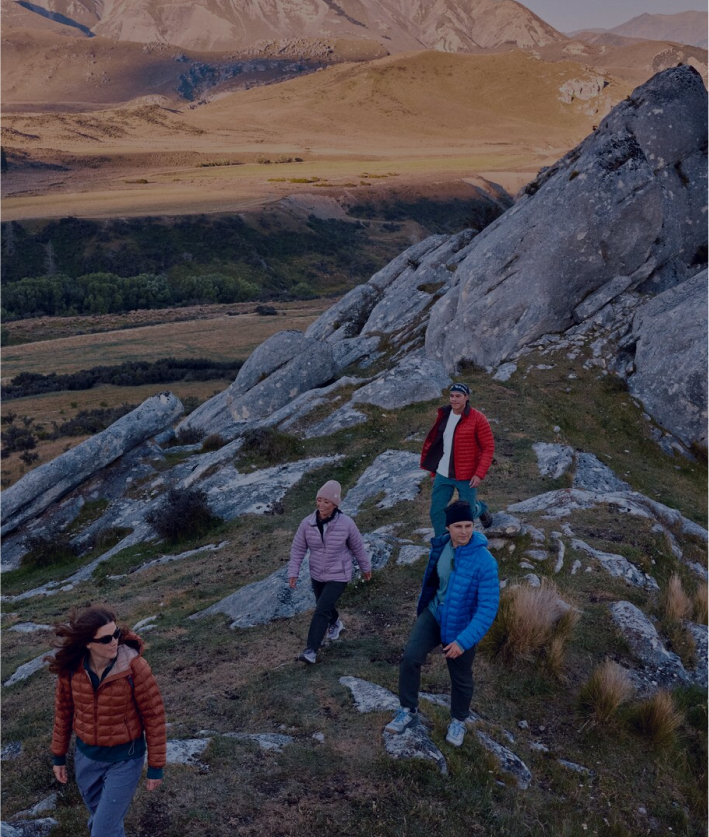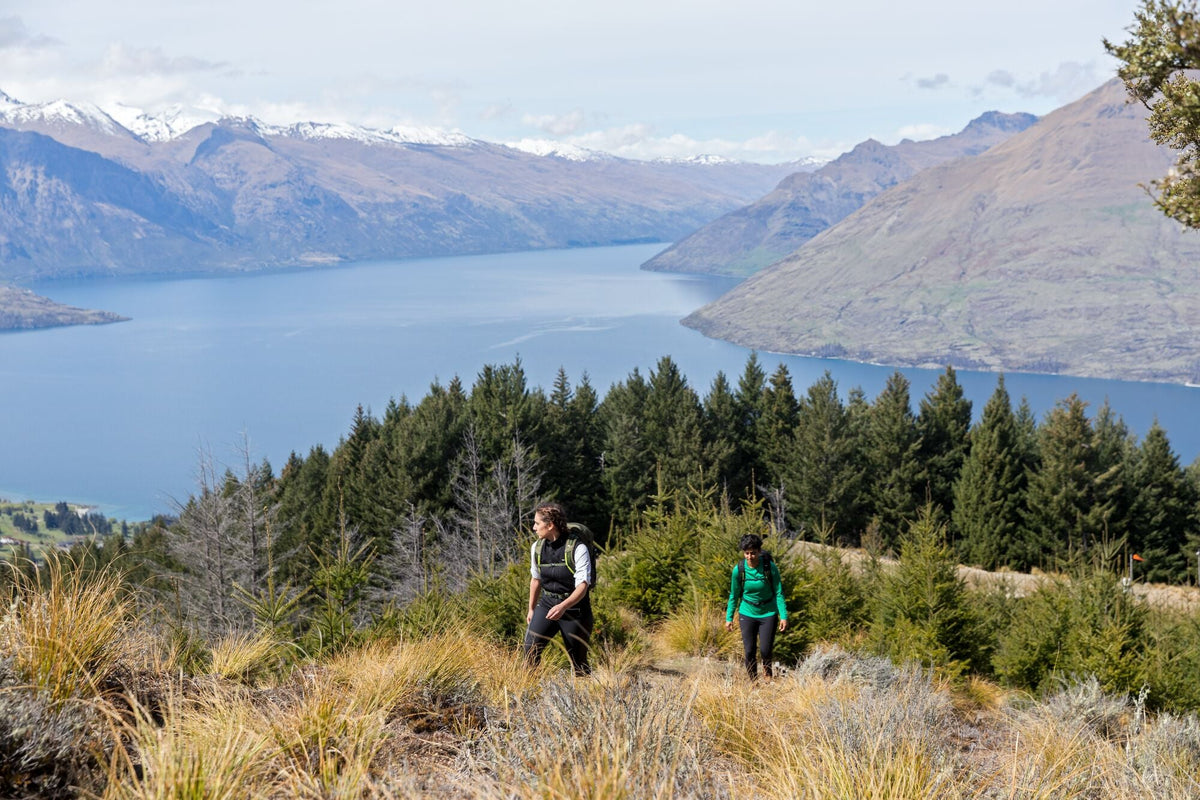Leave No Trace is a global movement whose mission is to protect the outdoors by teaching people how to enjoy the outdoors responsibly. These principles are incredibly important to follow because they help us protect and preserve the natural beauty of the outdoors that we all love so much. By minimising our impact on the environment and respecting the delicate balance of ecosystems, we can ensure that these areas remain intact for future generations to enjoy. Additionally, following Leave No Trace principles shows respect for the wildlife and other visitors that we share these spaces with. By making a conscious effort to leave these areas just as we found them, we can all do our part to promote responsible outdoor recreation and help protect the planet we call home.
1. PLAN AHEAD AND PREPARE:
Good planning is the best way to have a great trip and leave no trace. Taking care of yourself comes first.
- Do you have all the required gear?
- Have you checked the forecast?
- Have you got enough food and water?
- Do you know the route well or have appropriate maps / compass or GPS
- Have you made plans for worst-case scenarios?
- Have you discussed the Leave No Trace principles with your support crew?
- Does someone know your intentions?
2. TRAVEL AND CAMP ON DURABLE GROUND:
Give plants and wild animals their place in the outdoors.
- Reduce your impact on soil and vegetation.
- Stick to marked tracks - this prevents erosion.
- Camp where you will have minimal effects or stay in huts.
3. DISPOSE OF WASTE PROPERLY
Rubbish is ugly and affects other’s outdoor experience. Even biodegradable materials, such as orange peel, apple cores and food scraps can take years to break down, and attract pests like rats and possums.
- Carry all rubbish out and bury toilet waste.
- Try to minimise packaging.
- Avoid using soaps and shampoos, which damage fragile stream life.
4. LEAVE WHAT YOU FIND:
Load your camera, not your pack. Leave natural objects undisturbed and avoid introducing or transporting non-native species.
- Familiarise yourself with the course route.
- Don’t mark the course with cairns or by marking vegetation.
- Leave didymo behind! Clean shoes and equipment that have been in contact with rivers.
5. MINIMISE THE EFFECTS OF FIRE:
Even though campfires have been a part of the outdoors for a long time, the legacy of campfires and barbecues too often are charred picnic areas and rocks, large rubbish-filled fire rings, damaged trees and uncontrolled wildfires.
- Carry camping stoves so fires are not necessary.
- Never leave a stove unattended and keep water close by.
- Where fires are permitted and appropriate, avoid leaving unsightly and ecologically damaging fire scars.
- Be wary of wind, dry grasses, overhanging branches or buildings spreading your fire.
6. RESPECT WILDLIFE AND FARM ANIMALS:
To avoid disturbing wildlife. If the animal moves in response to your presence, you are too close.
- Never feed animals.
- Leave gates as you find them.
- Follow dog regulations.
- Avoid sensitive times when animals are most vulnerable to disturbance: lambing, mating, nesting or raising young.
- Don’t disturb livestock.
7. BE CONSIDERATE OF OTHERS:
We all enjoy the outdoors in different ways. Respect others.
- Give way and pass with care.
- Respect private property.
- Leave huts better than you found them.
- Let nature’s sounds prevail, especially at night and in remote places.
Leave No Trace New Zealand is a network of organisations and individuals with an interest in promoting the responsible recreational use of the outdoors.
For more information visit www.leavenotrace.org.nz.













